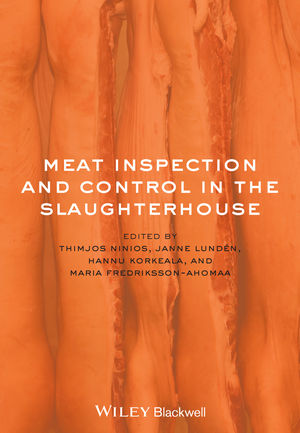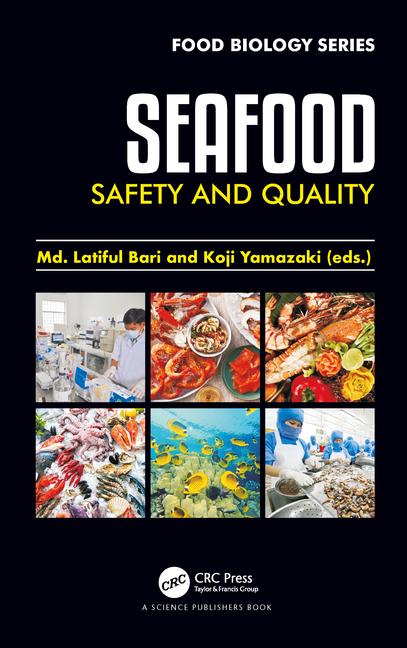“The U.S. Department of Agriculture’s (USDA) desire to eliminate non-O157 Shiga toxin-producing E. coli (nSTEC) from the U.S. beef supply is something the beef industry strongly shares. But USDA’s announcement today declaring six strains of naturally occurring nSTEC to be adulterants in ground beef is premised upon the notion that the government can make products safe simply by banning a pathogen,” said AMI Executive Vice President James H. Hodges.
“This new policy is not supported by science and likely will not benefit public health. Indeed, in the policy notice USDA acknowledged that ‘we do not know how many illnesses will actually be prevented. It is not clear whether or not there will be a reduction in the number of illnesses. It is also challenging to know what the industry cost will be because it is difficult to predict how many establishments will start to test and what the size distribution will be or to what extent industry will take additional measures that will prevent, reduce, or control those hazards, as they do with regard to O157 STEC.’
“This announcement proves that perspective on this issue is badly needed. nSTEC have caused illnesses, but nSTEC in ground beef have only been directly linked to one outbreak involving three illnesses. CDC estimates that 48 million foodborne illnesses occur in the U.S. annually and nSTEC from all food sources account for 112,000 illness, yet federal resources are being devoted only to nSTEC in beef products that account for less than 0.1 percent of total foodborne illnesses. While we all wish that number were zero, considering that more than a billion servings of ground beef are consumed annually, that is an excellent safety record. The public health data clearly indicate that there is no public health crisis related to nSTEC in ground beef.
“Furthermore, what the science shows is that current technologies used to destroy E. coli O157:H7 – technologies that have dramatically reduced this pathogen to levels never thought possible a decade ago – are equally effective against all strains. Indeed, in the notice, FSIS stated that ‘these methods should be as effective in controlling non-O157 STEC as in controlling E. coliO157:H7.’ Now, however, USDA will spend millions of dollars testing for these strains instead of using those limited resources toward preventive strategies that are far more effective in ensuring food safety.
"It is also concerning that this major announcement is not accompanied by a public health risk assessment, which is ordinarily the basis for good public health policy. Instead, USDA drafted a paper detailing its ‘reasoning’ because the agency admits it does not have the data needed to do a proper public health risk assessment.
“Imposing this new regulatory program on ground beef will cost tens of millions of federal and industry dollars – costs that likely will be borne by taxpayers and consumers. It is neither likely to yield a significant public health benefit nor is it good public policy.”
Source: AMI







Report Abusive Comment